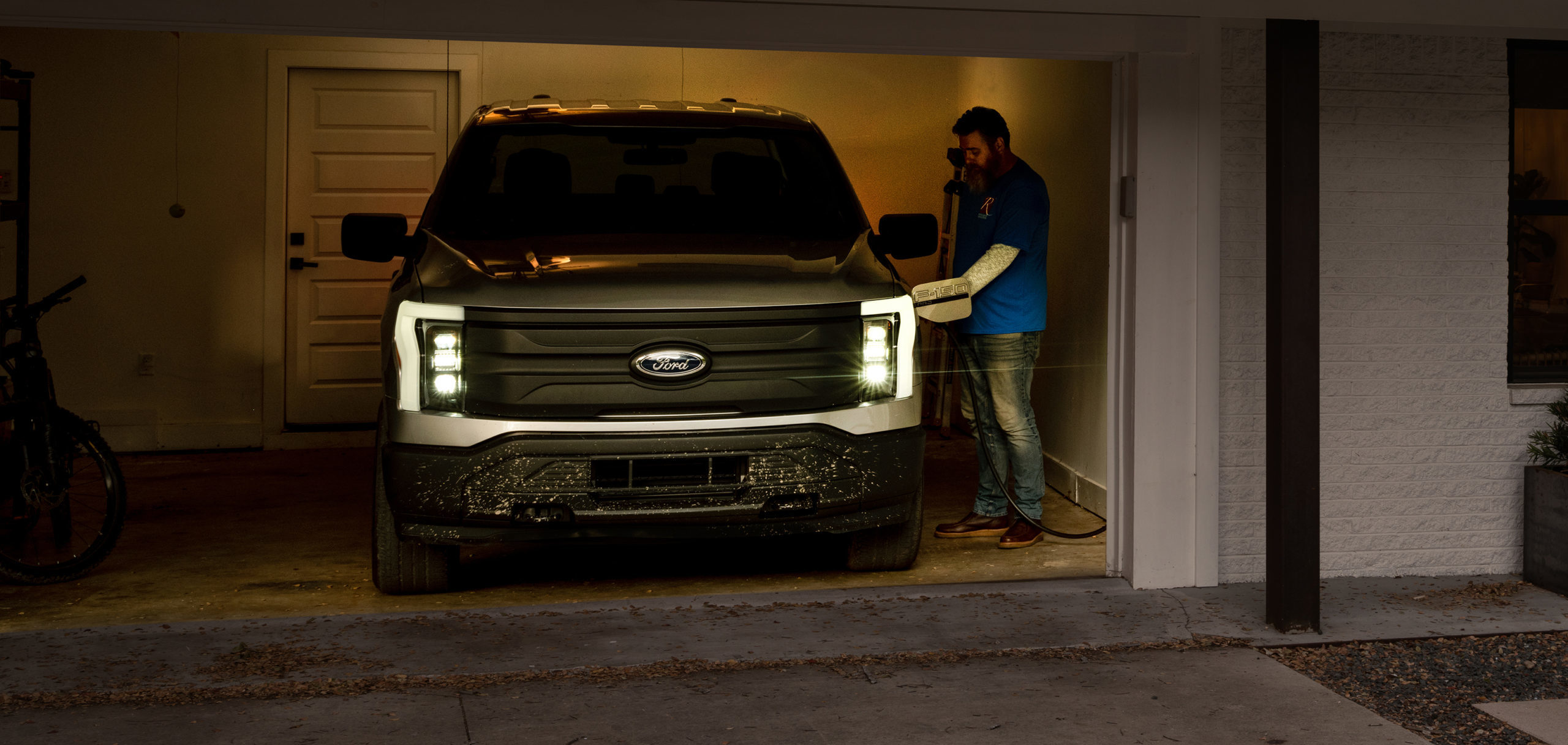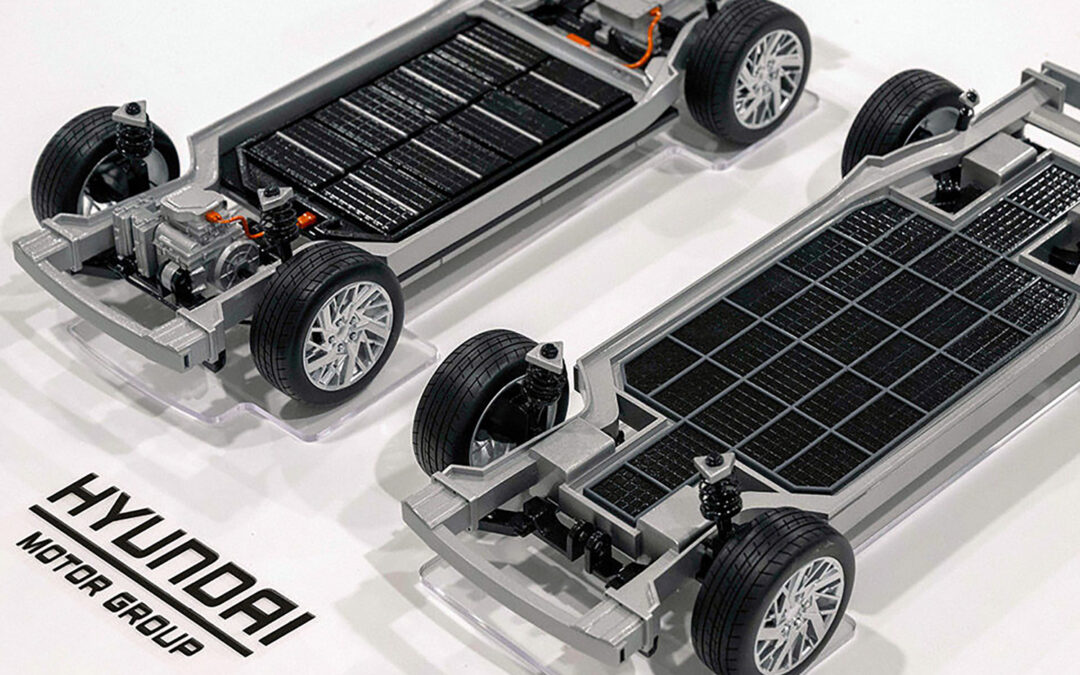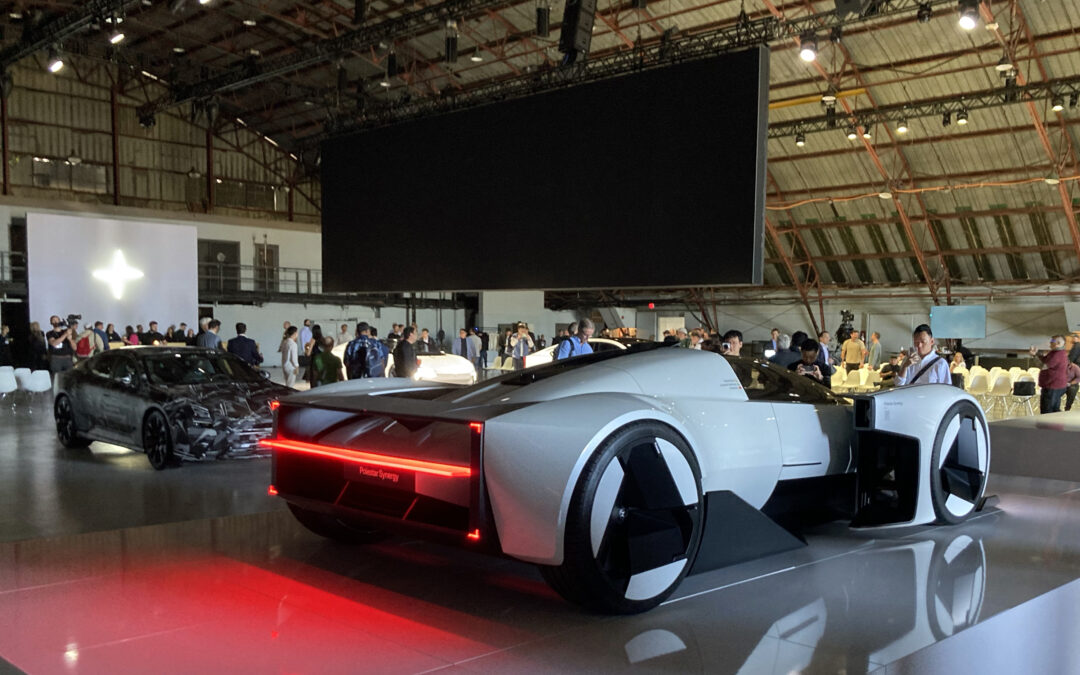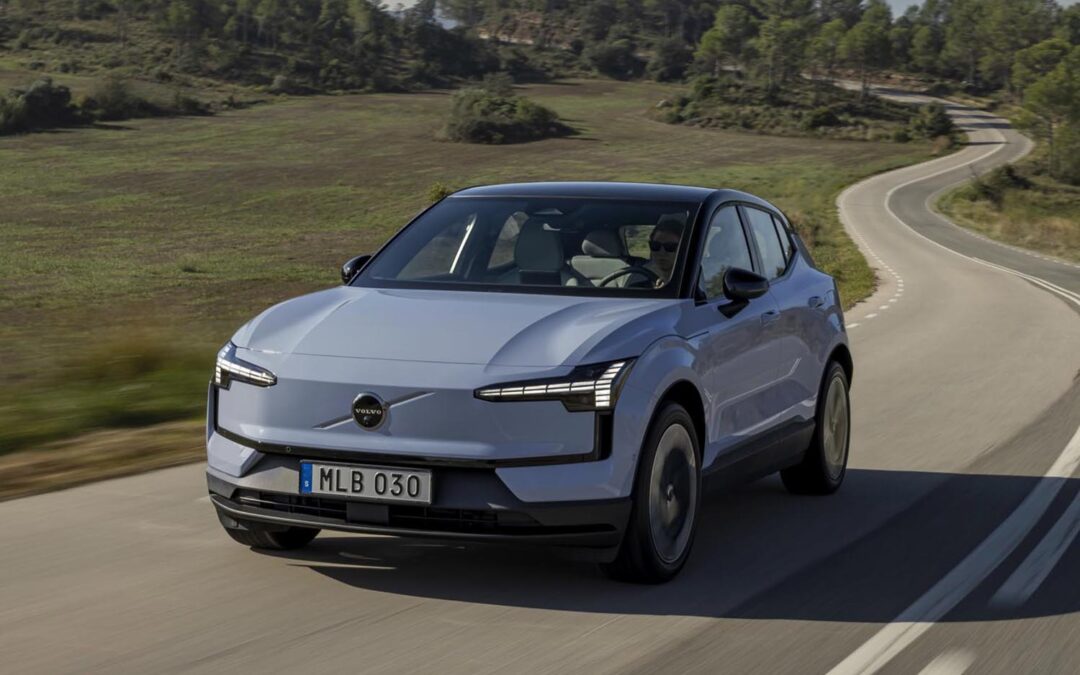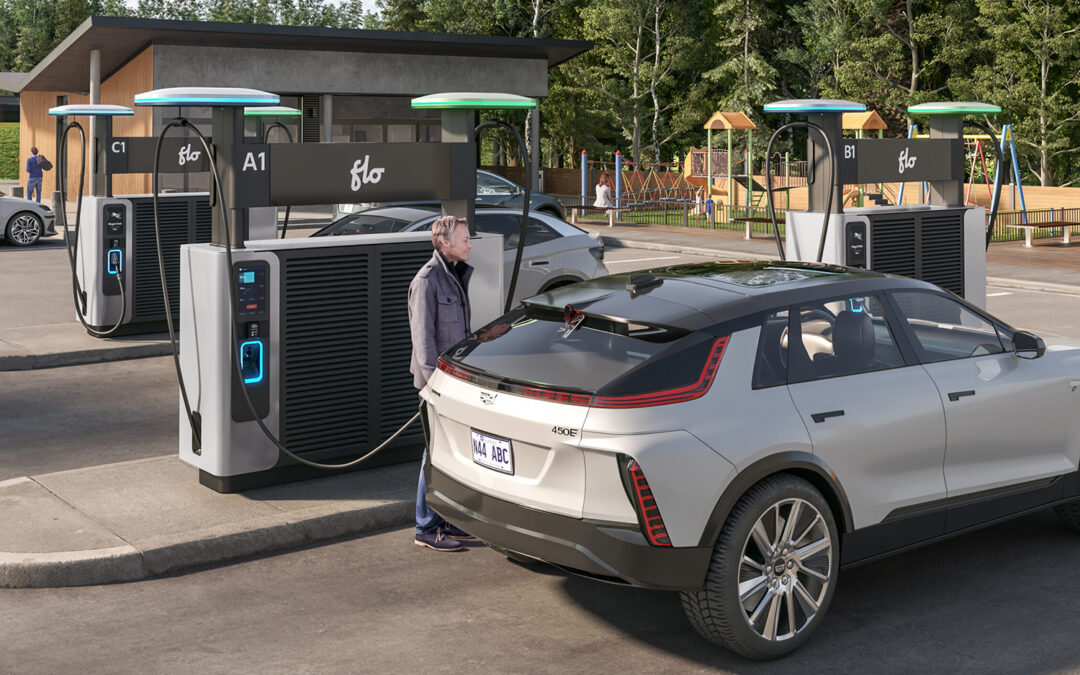Perhaps one of the greatest benefits of owning an electric vehicle is the fact that you can charge it right from your own home. Much like you charge your iPhone overnight, EV drivers can plug in their vehicle in the evening, program the charge timing, and wake up in the morning with a full battery, at a cost significantly lower than filling a tank with gasoline. And with many EVs today offering more than 350 km in range, that’s usually more than enough to get you wherever you want to go. In fact, a new survey from Juniper Research revealed that the global spend on electric vehicle charging at home will exceed US$16 billion in 2026, with more than 21 million households globally expected to charge their EVs using a home wallbox.
But having a home charger installed remains, for some people, a complicated and potentially costly endeavour. Perhaps you don’t have access to a private driveway or garage, and maybe you live in a condo, apartment, or row house that relies on unassigned street parking. And even if you do own a dedicated parking spot, there could be additional factors that can increase your costs beyond just the initial price of the charging unit. So when calculating all the costs of purchasing an EV, homeowners are encouraged to carefully research the potential pitfalls of having a home charger installed.
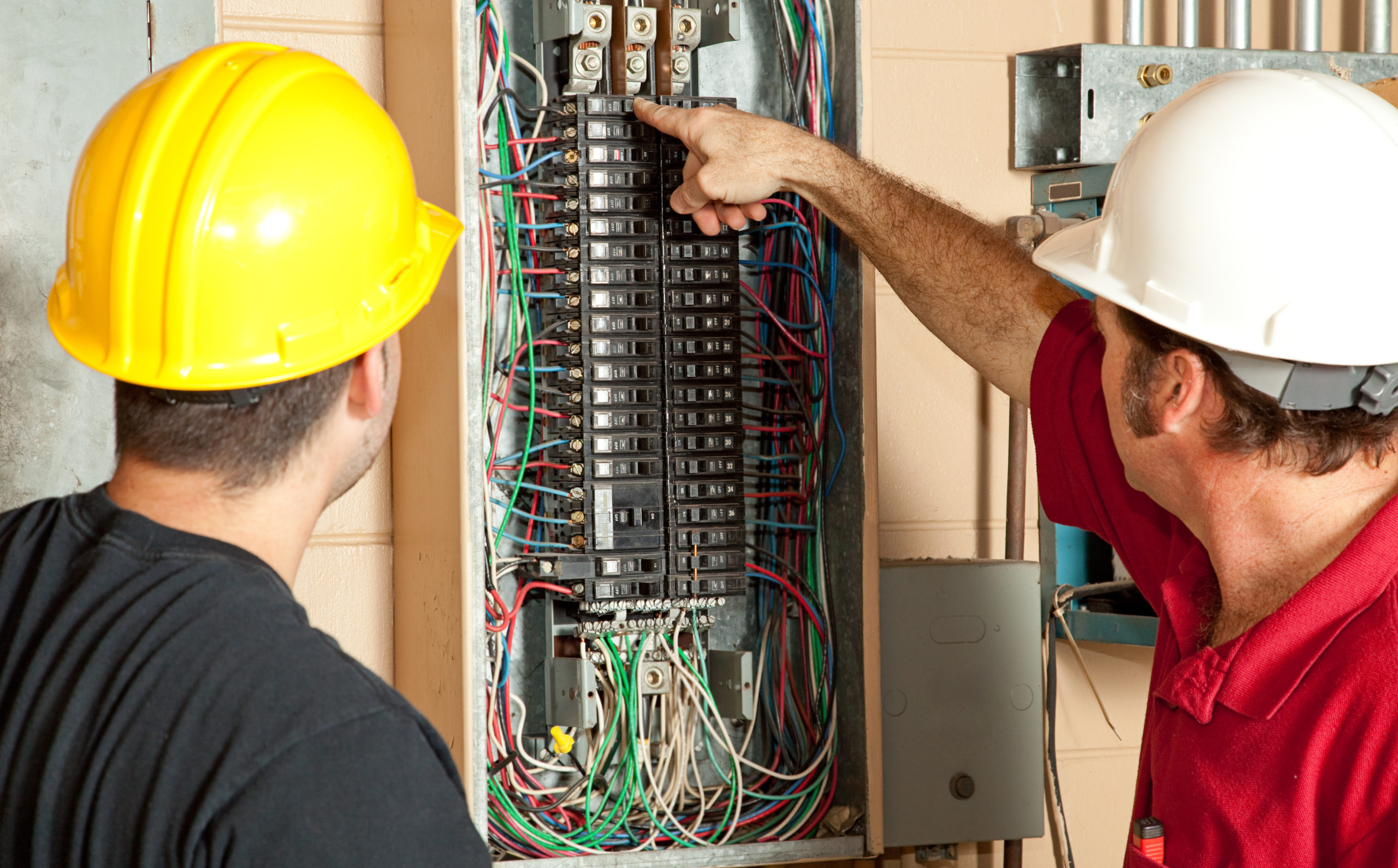
Electricians change a home breaker
From a basic hardware perspective, a Level 1 charger, which requires a 110V plug, usually costs between $300-$600, though it usually comes for free with the purchase of an EV. And this would plug in to existing household outlets, which many houses already have outdoors. But a Level 1 charger is slow, and can only offer around 6 km per hour of charging. So it may take around 15 hours to fully charge an EV, which is not very convenient for most people.
Comparatively, a Level 2 charger can range anywhere from $400 to $4,000; however, Level 2 chargers operate on a 240-volt circuit and can provide up to 80 amps of power for faster home charging of up to 40 to 50 km of range per hour, and it’s the preferred way for EV owners to home charge. But not every home can easily accommodate this installation.
Richard Racz, a GTA resident licensed to work on electric transit vehicles, installed his home Level 2 EV charger himself five years ago, and reveals that the biggest hurdle was getting the power from the basement electrical panel to his garage. “An EV charger requires high amps and voltage up to the garage, which isn’t offered by the standard plugs usually found in a garage. In my case, I needed a 220-volt circuit into the garage for my charger, similar to what would be used for a washer or dryer, and the standard plug in my garage only offered 110-volts,” he explains. “I had to drill through the block foundation into the garage, and run over 60 feet of a 6-gauge stove wire into the garage for the charger. The wire itself cost $300, the breaker cost $50, the NEMA outlet I purchased cost $20, and my charger cost $1,300.”
Racz also noted that the cost of copper wires have gone up exponentially over the last few years and, oftentimes, older houses may not have 200 amp service. “Upgrading to a 200 amp service can cost thousands, so that’s definitely something to consider when budgeting for the install of your charger,” he shared. Racz is right – the average cost to upgrade overhead electrical service to 200 amp is between $2,000 to $3,500 and, in some cases, it can be even more if wiring and panels need to be relocated. Fortunately, newer homes will likely offer residents access to a 200 amp panel already.
“Upgrading to a 200 amp service can cost thousands, so that’s definitely something to consider when budgeting for the install of your charger”
“Fortunately, the government also offers some rebate programs and incentives, so I received $500 back during my installation,” explained Racz. While that Ontario incentive has since been cancelled, there are others available across the country. For example, the City of Toronto’s Home Energy Loan Program (HELP) provides low-interest loans to cover the cost of home energy improvements, which includes adding EV charging stations. And in BC, EV drivers who install an eligible Level 2 charger in a single-family home can receive a rebate of up to 50 per cent of costs, to a maximum of $350, while funding lasts. It’s best to check with your provincial and municipal governments to see what’s offered in your area.
Read more: Canada’s EV and home charger rebates you need to know
Electrify Canada offers home EV charging solutions for Canadians. Nina Huesgen, Senior Manager, Home and eCommerce, Electrify Canada & Electrify America, expands on the company’s Level 2 Homestation offering, and how it can be adapted for various homes. “Installation costs vary, but we wanted to minimize those costs as much as possible for customers,” explains Huesgen. “The HomeStation charger costs $1,099, and the supply power requirements for installation are compatible with most electric dryer power circuits. HomeStation can be plugged into a 240-volt outlet found in most households, using a NEMA 14-50 plug, or hardwired by a licensed and qualified electrician. This flexible installation helps alleviate some barriers to entry, to a certain degree.”
Huesgen went on to explain that the charger’s maximum output can be configured during installation for 40 amps, 32 amps, or 16 amps, to help limit installation costs and possibly prevent panel upgrades. In terms of logistical barriers, she notes that residents of older apartment and condo buildings may still run into some difficulties, as shared parking lots may not be equipped with 240-volt outlets. “To tackle this challenge, Electrify Canada continuously invests in expanding its ultra-fast public EV charging network, and actively works to educate third parties on future-proofing their infrastructure,” she explains.
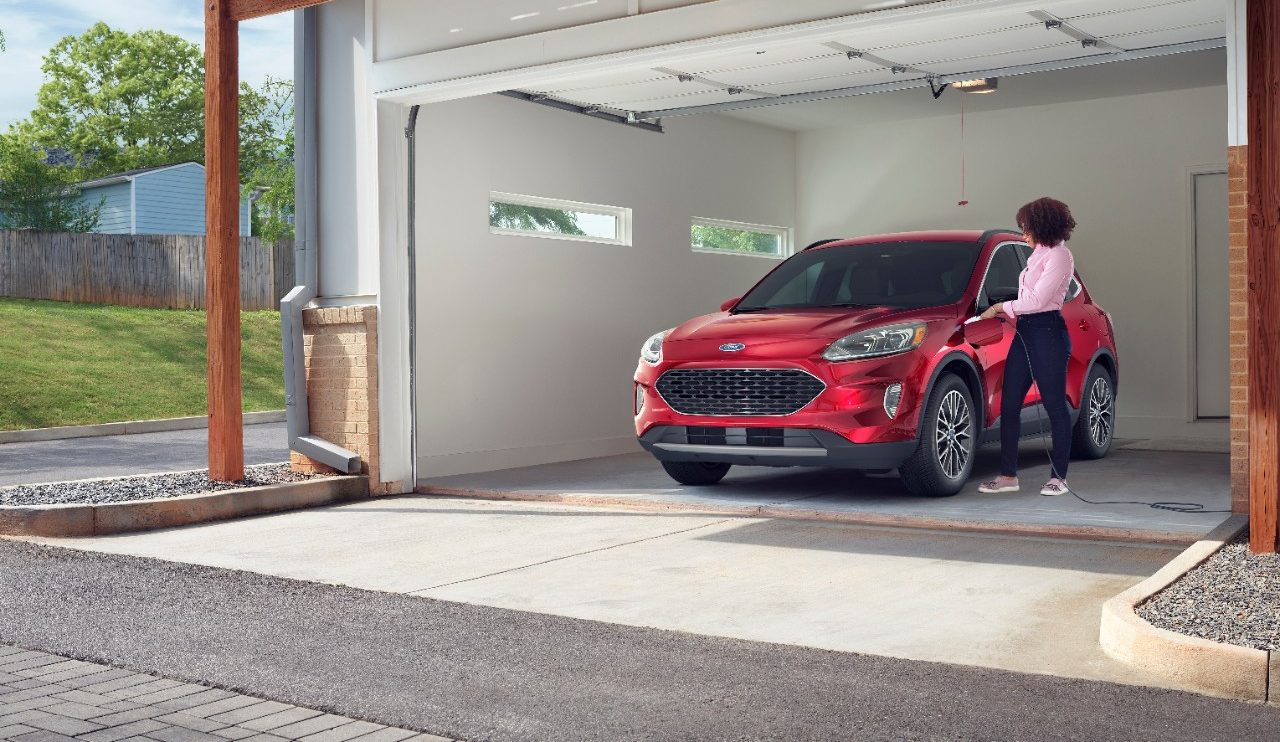
img 4
Chris Neilson, an industrial and commercial electrician in the GTA, further elaborates on some of the unexpected costs that can arise during a home EV charger installation. “Ultimately, the cost for home charging stations will vary depending on the scope of work involved, as well as the cost of labour,” he notes. “I know of licensed electricians who charge up to $7,000 for labour alone due to installation challenges.” Similar to Racz’s installation experience, Neilson explained that running the new dedicated electrical circuit from the main panel out to wherever the car will be charging can be difficult. “If the charging kits do not include the components for this portion of the install, we’re looking at another few thousand dollars in materials, including GFCI circuit breakers, larger gauge solid conductor wires rated for outdoor application, junction boxes, pony panels, grommets, clips, braces, consumable materials, and more.”
Neilson outlines some key takeaways for anyone considering the installation of a home EV charging station:
- Installation costs will vary
- There are going to be a wide range of installation methods and parameters to work with
- Older homes still using old 100 amp service or fuse panels will most likely need to be upgraded to a 200 amp service before a Level 2 installation can take place (which can cost around $5,000)
- Structural elements of a building can cause havoc while trying to fish the new cable from the charging point to the panel
- Increased distance between charger and panel equals increased time (and money) spent on install
As more Canadians contemplate making the switch to an electrified vehicle, it’s important to know what barriers still stand in the way of that transition. Home EV charging offers incredible benefit and convenience to drivers, which should help to quell the EV charging anxiety felt by many consumers.
But the single most important thing to know if you are thinking of an EV purchase, have home parking and are considering a home EV charger, is that it’s worth paying a couple hundred dollars beforehand to get a licensed and qualified electrician to your home to find out what the final costs will be. They will know not just the technical aspect, but other factors such as permits, materials and labour costs. Getting this information will let you calculate all the costs and budget for them, so there are no surprises when the time comes to put an electric vehicle in your driveway.
